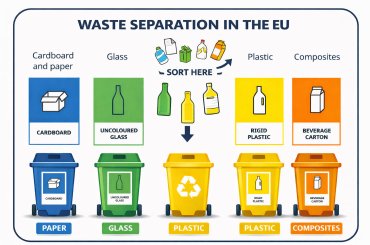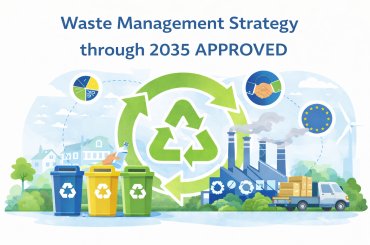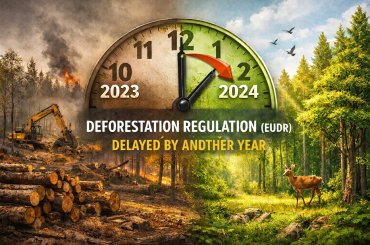On 29 September 2025, the Council of the EU adopted a regulation simplifying and strengthening the Carbon Border Adjustment Mechanism (CBAM) as part of the "Omnibus I" package. The aim is to reduce administrative and regulatory burdens, in particular for small and medium-sized enterprises (SMEs) and individuals, while maintaining the climate ambition of the instrument. The regulation is to continue to cover around 99% of the emissions captured in imports of goods subject to the CBAM.
The abbreviation CBAM stands for Carbon Border Adjustment Mechanism, in Slovak it is called carbon border compensation mechanism or carbon duty. It is an EU instrument against so-called carbon leakage.
Leakage occurs when companies move production to countries with less stringent climate rules, which would reduce emissions in the EU but would not change them globally, or even increase them.
CBAM works by requiring importers of selected goods (e.g. steel, aluminium, cement, fertilisers, electricity, hydrogen) to declare the CO₂ emissions associated with their production and pay for them with “CBAM certificates” based on the EU carbon price. This equalises the price between domestic and foreign producers and incentivises them to reduce carbon emissions outside the EU.
What is changing?
- New de minimis threshold by weight: Imports up to 50 tonnes per importer per year will not be subject to CBAM rules.
- Transition at the beginning of 2026: to avoid disruptions, imports of CBAM goods will be temporarily allowed while waiting for the importer to register.
- Further simplifications: adjustments to approval, data collection and emission calculation, verification rules and financial liability of approved CBAM declarants; clarified penalties and rules for indirect customs representatives.
Next steps
The legislative act will be published in the Official Journal of the EU and will enter into force on the third day following its publication.
Why is it important for companies in Slovakia?
- clearer and simpler rules for the import of selected goods (iron and steel, aluminium, cement, fertilisers, electricity, hydrogen),
- lower administration for small import volumes,
- need to review internal processes (emissions measurement/reporting, contracts with customs agents, CBAM registrations) before the start of 2026.
Source: EU Council press release „CBAM: Rada schválila zjednodušenie nástroja EÚ na zabránenie úniku uhlíka“, 29. 9. 2025.


